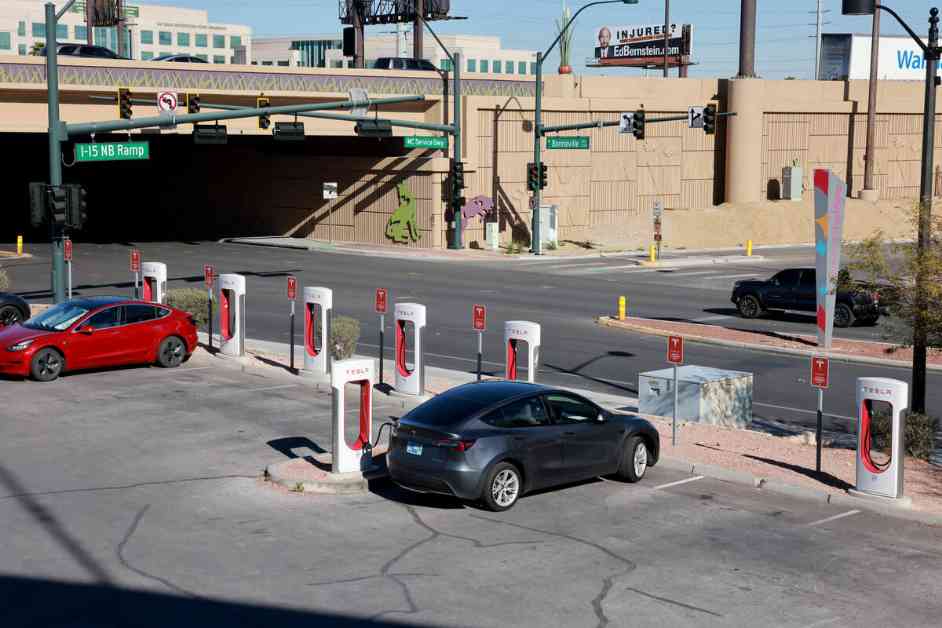The push for electric vehicles continues despite public skepticism and practical challenges. The Biden administration recently announced a $2 billion grant to eight state automakers to boost electric vehicle production. However, critics argue that this move is shortsighted and will only add to the country’s debt burden.
While the government sees electric vehicles as a way to reduce carbon emissions and combat climate change, many consumers remain unconvinced. Sales of electric cars have been lackluster, with rental car agencies and fleets opting for traditional petrol vehicles instead.
One of the major concerns raised by skeptics is the lack of infrastructure to support a large-scale transition to electric vehicles. The current grid capacity and charging stations are insufficient to meet the demands of a fully electric vehicle fleet. This raises questions about the practicality and feasibility of such a shift.
Critics also point to the financial implications of the government’s actions. By borrowing money to fund electric vehicle production, the country risks adding to its already massive debt. The idea of printing money to solve financial problems is dismissed as a fantasy, with warnings of a future debt crisis looming.
Looking at historical examples like the Weimar Republic and Zimbabwe, where hyperinflation led to economic collapse, skeptics fear a similar fate for the US if the debt continues to grow unchecked. The consequences of unsustainable borrowing could be dire, with potential repercussions for future generations.
Despite these concerns, the Biden administration remains committed to promoting electric vehicles as part of its environmental agenda. The recent grants to state automakers are seen as a way to boost manufacturing and create jobs, particularly in battleground states.
As the debate over electric vehicles continues, it is clear that there are no easy answers. Balancing environmental concerns with economic realities is a complex challenge that requires careful consideration. Whether electric vehicles will become a mainstream reality or remain a niche market remains to be seen.



